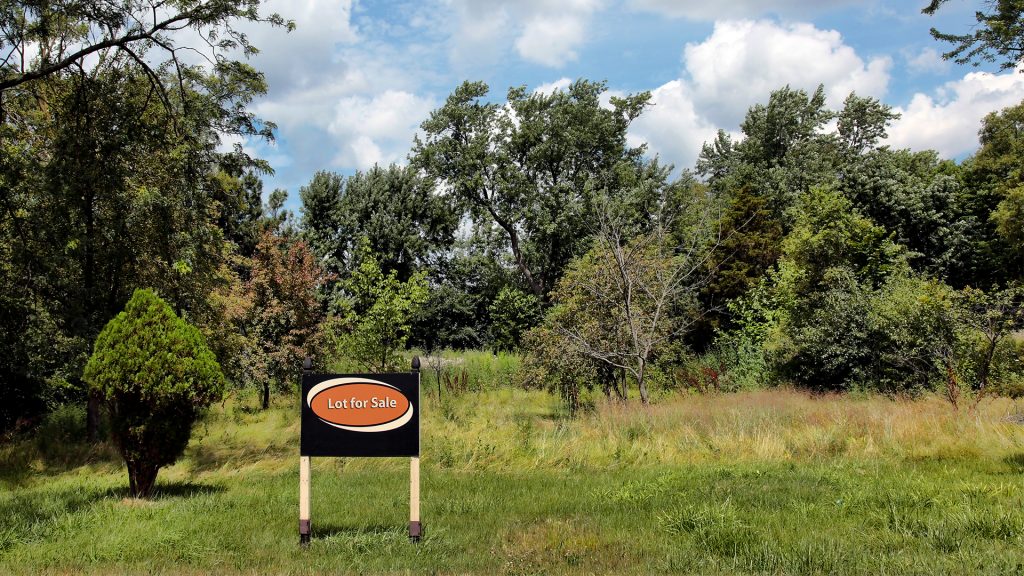
Whether you own a home and are looking to buy land, or if you want to buy land on which to build your dream home, the process is vastly different – and often more difficult – than buying an existing home.
Do your research when buying land. Every piece of land is zoned for a specific use, be it commercial, agricultural or residential. Find out from the county in which the property is located how it is designated. The zoning information is key to whether or not you can build what you’d like to on the property, and the rules usually vary from city to city and county to county.
If the property is zoned how you wish, next find out if you can build on the land. Just because it’s zoned how you prefer, it’s still a good idea to see if the land is prone to any hazards such as flooding. Also check the topography and the soil. Flat land is easiest on which to build, so if it’s rocky, hilly or has many depressions, it may cost more to build there. With a soil test, you can figure out how much weight the soil can handle, which will tell you if the ground is strong enough on which to build.
Also, how easy will it be to access the land? If your property is landlocked, it’s likely you’ll have to travel over someone else’s property to access it. Is it near roads? If not, you’ll need to factor in the cost of building a road to access your property.
Does the land have access to utilities and internet? It will be costly if water and sewer utilities are unavailable.
Obtaining financing for land oftentimes is more difficult of a process than buying an existing home, especially if you don’t have any immediate plans for the land.
While buying land isn’t as straightforward as buying an existing home, if you find the perfect piece of property and know what type of home you’d like the build, buying the land outright could make all the potential difficulty worth it.
Opinions expressed above are the personal opinions of the author and meant for generic illustration purposes only. RCB Bank, Member FDIC.



